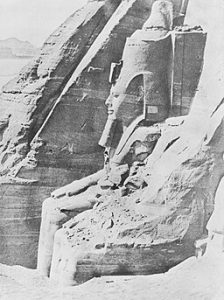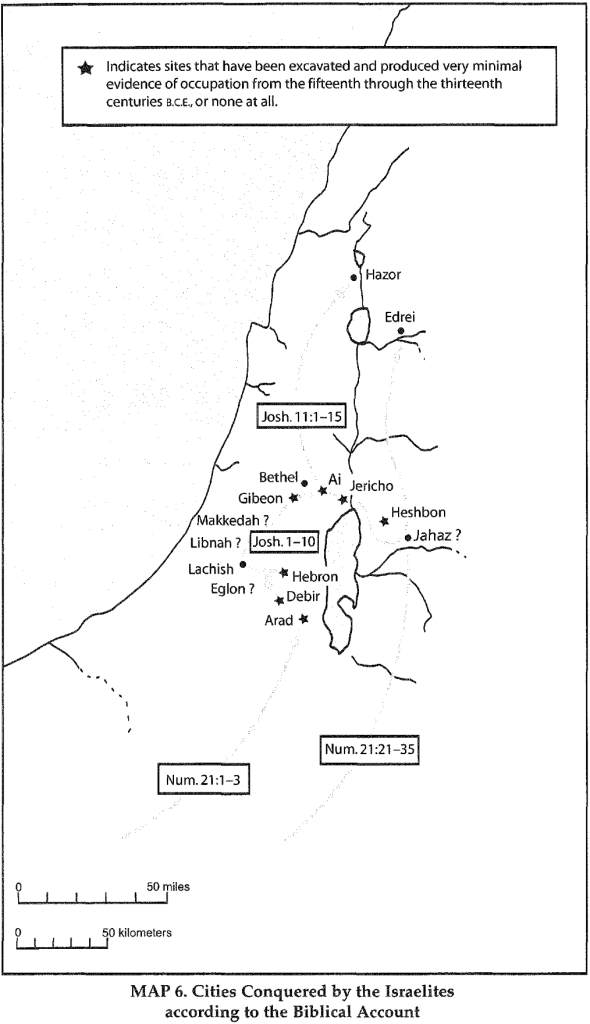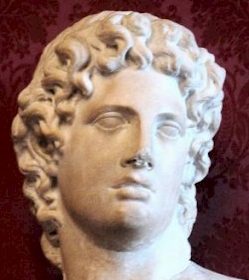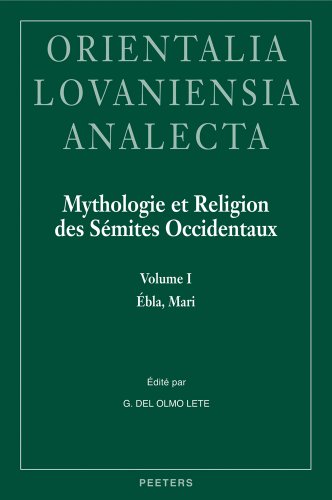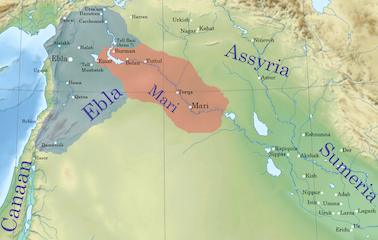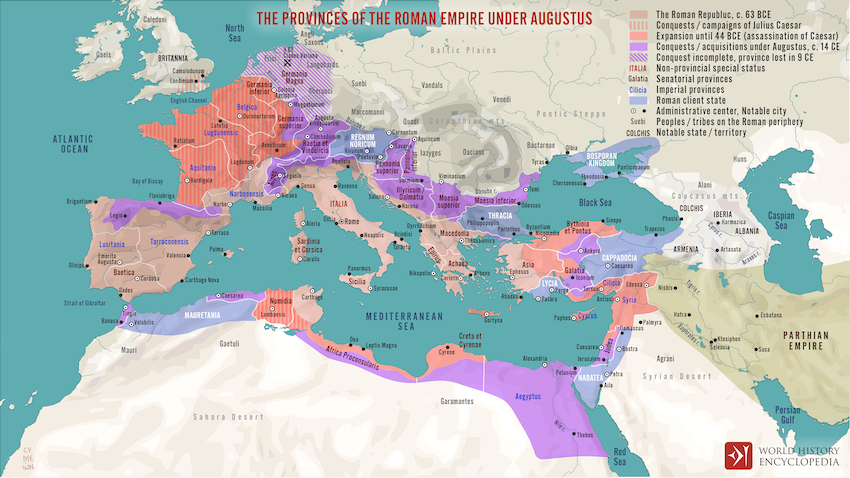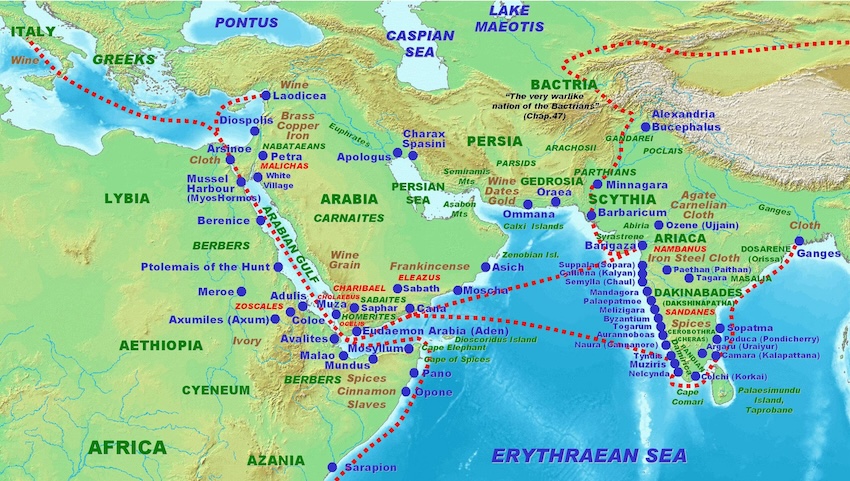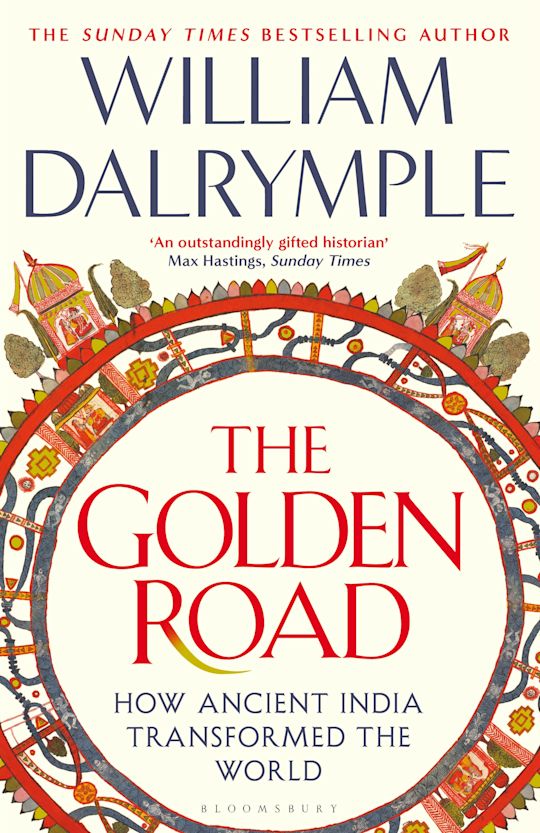In a recent post I praised Douglas Campbell for drawing attention to the laziness (if not “dishonesty”) of rebutting an argument with the blanket “I am not persuaded” line. In this post I come to blame him for rejecting a genuinely critical reading of source material. It is with the very essence of critical reading that he objects:
Descartes suggested, in a classic argument widely influential in the modern period, that everything is in effect guilty until proved innocent. The result was, rather famously, the reduction of all certain knowledge to the conviction that his mental processes at least guaranteed his existence. In other words, he used radical doubt as a fundamental method. Everything must be doubted until it can be demonstrated indubitably to be true. (16)
Now Descartes’ method (shorn of the extremism with which Campbell presents it) does serve well enough in everyday life and especially in the legalistic professions and scientific research enterprises. But it is possible to take issue with it on a philosophical level, as demonstrated by Wittgenstein. But is there not a valid comparison here? We know that Newtonian physics “fails” at the subatomic particle level; but we do not reject the fundamentals of Newtonian physics when taking care climbing ladders or driving a car.
Campbell wrote — and note the pejorative language in which he couches Descartes’ scepticism:
But the Cartesian method has struggled to get anywhere significant and has, moreover, been subjected to ferocious critique, not least from Wittgenstein, who pointed out (characteristically indirectly) that the use of language implies participation in a broader linguistic community, which is in turn difficult to detach from a complex broader reality that cannot be doubted in the first instance without lapsing into utter incoherence. So Descartes’s key initial claims are in fact delusional. Unfortunately, however, the critical method, which played such a significant role in the rise of the modern university, has had a long dalliance with Cartesianism, so the latter tends to live on, haunting the corridors of the academy like a restless shade. It allowed figures like Kant to reject tradition out of hand and to argue from simpler and more certain first principles, although Kant too struggled to develop his principles with the certainty and extension that he really sought. It is not a completely crass oversimplification to suggest, then, that many modern Pauline scholars, shaped in part by the traditions at work in the modern university, seem to assume, at least at times, that the “critical” assessment of evidence simply involves the application of doubt in a generic way, ultimately in the manner of Descartes. It is a posture of comprehensive skepticism. One must be unconvinced until one is convinced of something’s probity on certain grounds. But I would suggest that when practiced in this generic and universal manner, this is an invalid and self-defeating methodology and a false understanding of criticism.’ (16)
Campbell had faulted as “posturing” the “I am not persuaded” rejoinder as a substitute for critical engagement. He faults Cartesian scepticism with the same label — “posturing”.
I doubt that I would be excused from jury service if I tried to opt out by explaining that Wittgenstein tells me that my particular semantic world may not be capable of deliberating in a truly objective manner the information conveyed to me as it is coded in semantic variations other than mine. Newtonian physics is still valid, its quantum companion notwithstanding.
Campbell then proceeds to justify another misguided “howler”:
We will rely on slender snippets of evidence in what follows, because that is all that we have — occasional and fragmentary remains of conversations that took place millennia ago. But we do have evidence, and it will not do to dismiss parts of the following reconstruction with a generic claim that “this is insufficient” or “there is still not enough evidence.” If this is the evidence that we have and it explains the data in the best existing fashion, then the correct scientific conclusion must be to endorse it and not to complain that we need more data that unfortunately does not exist. (18)
That may sound like a correct scientific approach but it is not. A scientific hypothesis must rely on multiple datasets. A single experiment is never sufficient. An experiment, a survey, must of necessity be repeated in different places with different samples to be sure of the results. The medical profession will not rely on a single survey of data to recommend a particular program to treat a physical condition.
The scientific method does not build on “slender snippets of evidence” if there is no other choice. If the evidence is inadequate to answer a particular question, or on which to base a certain line of inquiry, then it is the question and the line of inquiry that must be changed.
I frequently encounter the following kinds of statements in by biblical scholars in their works relating to early Christianity or Judaism:
We historians confront a supposed event in the past, as in some text or object, as though to “try it in court,” in order to reach a verdict to establish the truth of the matter. And the principles we can best employ are those used in the practice of law:
(1) The accused is presumed (not judged) innocent unless proven guilty.
(2) The preponderance of the evidence (anything over 50%) is decisive.
(3) The verdict rendered is considered proven beyond reasonable doubt (not absolute).
(Dever 140f — Old Testament scholar arguing against fundamentalist readings of the Bible)
and arguing the case for accepting the overall integrity of the canonical text of New Testament writings…
As in a court of law, the evidence deserves to be judged innocent of being an interpolation until proven guilty. This proof must be able to stand up before the jury of scholarship, which must decide whether “guilt” has been established beyond a reasonable doubt. If there is reasonable doubt about the extraneousness of the accused data then it should not remain any longer under a cloud of suspicion. In that case the verdict must be acquittal in order to protect the innocent. If scholarship does not follow such a “rule of law,” serious injustice will be done to much innocent data.
(Wisse 170)
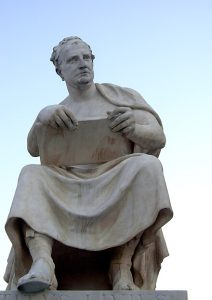
Sometimes the biblical scholar will cite a (“nonbiblical”) historian for support:
Unless there is good reason for believing otherwise, one will assume that a given detail in the work of a particular historian is factual. This method places the burden of proof squarely on the person who would doubt the reliability of a given portion of the text. The alternative is to presume the text unreliable unless convincing evidence can be brought forward in support of it. While many critical scholars of the Gospels adopt this latter method, it is wholly unjustified by the normal canons of historiography. Scholars who would consistently implement such a method when studying other ancient historical writings would find the corroborative data so insufficient that the vast majority of accepted history would have to be jettisoned.29 In the words of the historian G. J. Renier:
We may find . . . an event is known to us solely through an authority based entirely upon the statements of witnesses who are no longer available. Most of the works of Livy, the first books of the history of the Franks by Gregory of Tours, belong to this category. Since there is no other way of knowing the story they tell us, we must provisionally accept their version. This brings us back full sail to accepted history as the starting point of all historical investigation.30
30. Renier, History, pp.90–91.
(Blomberg 304)
Although Blomberg cites a 1982 reprint of the classical historian’s (Renier’s) work, the original publication date stands at 1950. That is important for a reason I will explain.
But first, note the muddled metaphor in the above quotations. In a court of law it is not the witness who is “presumed innocent until proven guilty” but the one charged with a crime. Witnesses are cross examined to test their claims. Though the witness swears an oath to tell the truth their testimony is never accepted at face value. Their claims must be tested. Yet the above comparisons of the historical method confuse witnesses (sources) with the person who is on trial and seeking to prove his innocence.
In response to Dever above: In a court of law it is the one accused and on trial who is presumed innocent: it is the claims of the witnesses, the sources — not the accused — that must be tested.
In response to Wisse above: It is not the “evidence” that “deserves to be judged innocent”. It is the evidence that is tested for authenticity, relevance and reliability to determine the guilt or innocence of the one on trial.
Finally, in response to Blomberg: The Renier method of accepting the testimony of Livy for believing in the historicity of events for which there is no other evidence may have been par for the course among classicists in 1950, but by 1983 that naive approach was well and truly debunked by a series of lectures delivered by the classicist historian Moses Finley:
For reasons that are rooted in our intellectual history, ancient historians are often seduced into [accepting as historically factual] statements in the literary or documentary sources … unless they can be disproved (to the satisfaction of the individual historian). This proposition derives from the privileged position of Greek and Latin, and it is especially unacceptable for the early periods of both Greek and Roman history…
(Finley 21)
Renier referred to Livy as an example of a historian whose word he felt he had no choice but to follow. Finley pointed out the cruel truth, however:
Yet a Livy or a Plutarch cheerfully repeated pages upon pages of earlier accounts over which they neither had nor sought any control. . . .
Where did they find their information? No matter how many older statements we can either document or posit – irrespective of possible reliability – we eventually reach a void. But ancient writers, like historians ever since, could not tolerate a void, and they filled it in one way or another, ultimately by pure invention.
The ability of the ancients to invent and their capacity to believe are persistently underestimated. How else could they have filled the blatant gaps in their knowledge once erudite antiquarians had observed that centuries had elapsed between the destruction of Troy and the ‘foundation’ of Rome, other than by inventing an Alban king-list to bridge the gap? Or how could they contest an existing account other than by offering an alternative, for example, to provide ideological support for, or hostility to, a particular ethnic group, such as Etruscans or Sabines, who played a major role in early Roman history? No wonder that, even in the hopelessly fragmentary state of the surviving material on early Rome, there is a bewildering variety of versions, a variety that continued to increase and multiply as late as the early Principate. Presumably no one today believes the Alban king-list to be anything but a fiction, but any suggestion that there is insufficient ground to give credence to the Roman king-list is greeted with outraged cries of ‘hyper-criticism’ …. (8f)
There was a time — it is long past — when classicists would reconstruct ancient history from their Greek and Latin sources as naively as many biblical scholars continue today to reconstruct the origins of Judaism and Christianity from the texts in the Bible. Finley added:
I suspect that Ogilvie’s slip [naive readings of ancient historians] reflects , no doubt unconsciously, the widespread sentiment that any thing written in Greek or Latin is somehow privileged, exempt from the normal canons of evaluation. (10)
Classicists have long since moved on. Perhaps it’s time for more biblical scholars to follow them.
Blomberg, Craig L. The Historical Reliability of the Gospels. 2nd edition. Nottingham: IVP Academic, 2007.
Campbell, Douglas A. Framing Paul: An Epistolary Biography. Grand Rapids, Michigan: Eerdmans Publishing, 2014.
Dever, William G. “Christian Fundamentalism, Faith, and Archaeology.” In Misusing Scripture: What Are Evangelicals Doing with the Bible?, edited by Mark Elliott, Kenneth Atkinson, and Robert Rezetko, 131–52. Routledge, 2023.
Finley, M. I. Ancient History: Evidence and Models. London: Chatto & Windus, 1985. [Chapter 2 was part of a series of J. H. Gray Lectures at the Faculty of Classics of the University of Cambridge]
Wisse, Frederik W. “Textual Limits to Redactional Theory in the Pauline Corpus.” In Gospel Origins & Christian Beginnings : In Honor of James M. Robinson, edited by James E. Goehring, Charles W. Hedrick, and Jack T. Sanders, 167–78. Sonoma, Calif. : Polebridge Press, 1990.




